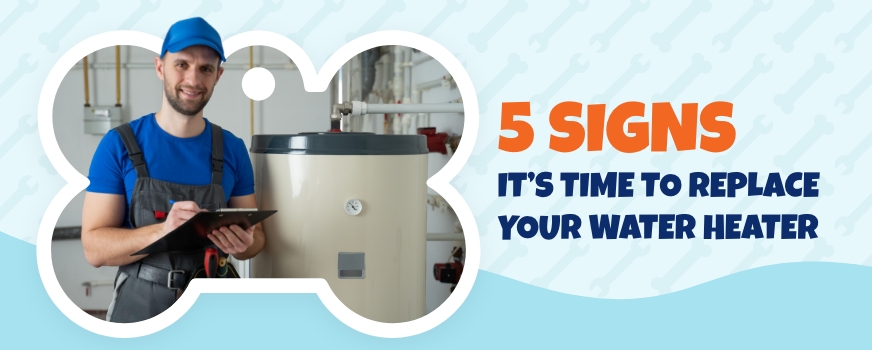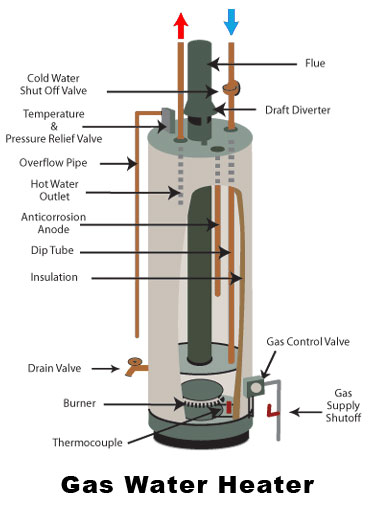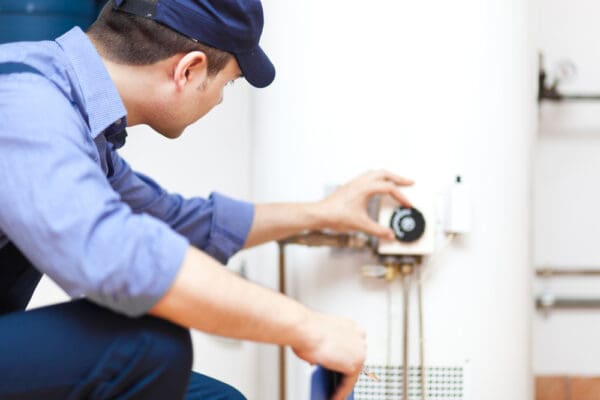
Is your hot water turning lukewarm? Are you hearing strange noises from your utility closet? It might be time for a replacement water heater. This essential appliance often goes unnoticed until it fails, leaving you with cold showers and a headache. But fear not! This comprehensive guide will walk you through everything you need to know about replacing your water heater.
Why Replace Your Water Heater?
Water heaters, like any other appliance, have a limited lifespan. Here are some common reasons why you might need a replacement water heater:
- Age: Most water heaters last between 8-12 years. If yours is older, it's likely nearing the end of its life.
- Leaks: Visible leaks are a clear sign that your water heater is failing.
- Rust and Corrosion: Rust on the tank or pipes indicates internal damage.
- Insufficient Hot Water: If you're consistently running out of hot water, even with a smaller household, your heater might be undersized or malfunctioning.
- Strange Noises: Banging, popping, or rumbling sounds can signal sediment buildup or other internal issues.
- Increased Energy Bills: An inefficient or failing water heater can lead to higher energy costs.
Types of Replacement Water Heaters
Choosing the right replacement water heater depends on your needs and budget. Here are the main types:
Traditional Tank Water Heaters

These are the most common type. They store and heat water in a tank, ready for use. They are generally less expensive upfront but can be less energy-efficient.
Tankless Water Heaters
Also known as on-demand water heaters, these heat water only when needed. They are more energy-efficient and take up less space, but they have a higher initial cost.
Heat Pump Water Heaters
These use electricity to move heat from one place to another, rather than generating heat directly. They are highly energy-efficient and can save you money on your energy bills.
Solar Water Heaters
These use solar panels to heat water, making them an environmentally friendly option. They can significantly reduce your energy costs, but they require a sunny climate and a larger initial investment.
Factors to Consider When Choosing a Replacement Water Heater

Before making a decision, consider these factors:
- Size and Capacity: Choose a water heater that can meet your household's hot water needs.
- Energy Efficiency: Look for models with high Energy Factor (EF) ratings.
- Fuel Type: Consider whether you prefer electric, gas, or solar.
- Installation Costs: Factor in the cost of professional installation.
- Budget: Determine how much you're willing to spend on the unit and installation.
DIY vs. Professional Installation
While some homeowners might attempt a DIY installation, it's generally recommended to hire a professional plumber. Improper installation can lead to leaks, gas hazards, and voided warranties. A professional will ensure your replacement water heater is installed safely and correctly.
Maintenance Tips for Your New Water Heater

To prolong the life of your replacement water heater, follow these maintenance tips:
- Flush the Tank: Regularly flush the tank to remove sediment buildup.
- Check the Anode Rod: Replace the anode rod every few years to prevent corrosion.
- Inspect for Leaks: Regularly check for leaks around the tank and pipes.
- Adjust the Temperature: Set the temperature to a safe and efficient level (around 120°F).
Conclusion
A replacement water heater is a significant investment, but with the right information, you can make an informed decision. Consider your household's needs, budget, and energy efficiency goals to choose the best option. And remember, professional installation and regular maintenance are key to ensuring your new water heater provides years of reliable service.
No comments:
Post a Comment
Note: Only a member of this blog may post a comment.